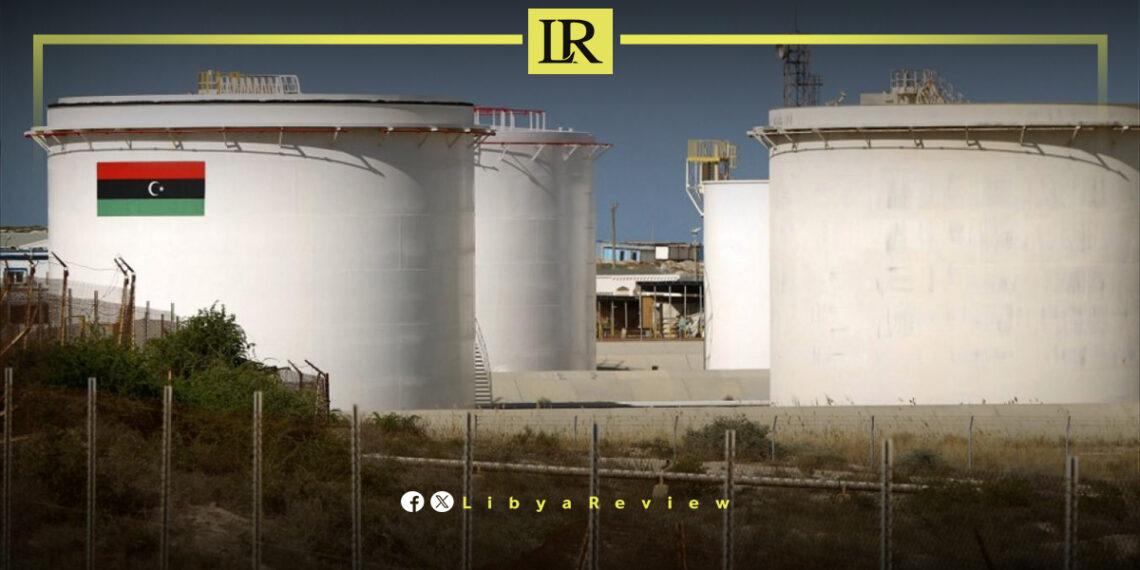According to Reuters, Libya’s oil exports remain suspended, with only a few tankers being allowed to load crude from storage. Shipping data on Thursday confirmed that while oil production is still heavily reduced, some vessels have been permitted to load from stockpiles as the country grapples with ongoing production cuts.
Engineers report that the oil tanker Kriti Samaria will be allowed to dock at Zueitina port on Thursday evening or Friday to load 600,000 barrels of crude oil from storage. The tanker is expected to head to Italy once loaded. This limited loading comes as Libya faces a significant reduction in oil production, a major blow to the country’s economy.
Libya’s National Oil Corporation (NOC) recently announced that daily oil production has plummeted to under 600,000 barrels, down from more than 1 million barrels per day. In just three days of the production cut, the country has lost over $120 million in revenue, underscoring the severity of the disruption.
The halt in production follows political unrest, particularly the decision by Osama Hammad, the Parliament-designated Prime Minister, to declare force majeure across all of Libya’s oil fields, ports, and facilities. This effectively stopped all oil production and exports, a direct response to a deepening political crisis over leadership appointments at the country’s central bank.
The oil shutdown came after the Presidential Council appointed a new governor and board for the Central Bank of Libya, granting temporary authority to Deputy Governor Abdul-Fattah Ghaffar until incoming governor Mohammed Al-Shukri could officially take over. These appointments have sparked political tension, with rival factions questioning the legitimacy of the decisions, leading to the current oil blockade.
Libya’s economy is heavily dependent on oil revenues, which make up nearly all of its export earnings. The prolonged halt in production poses a serious threat to the country’s economic stability, which has already been undermined by years of conflict and corruption.
Since the fall of Muammar Gaddafi in 2011, Libya’s oil industry has been a frequent casualty of the country’s ongoing political instability. Armed groups and rival governments have often used control of oil facilities as leverage in broader political struggles.
The current divide between the House of Representatives in the east, aligned with Osama Hammad, and the Presidential Council in the west has exacerbated these tensions, leading to frequent disruptions in oil production.


